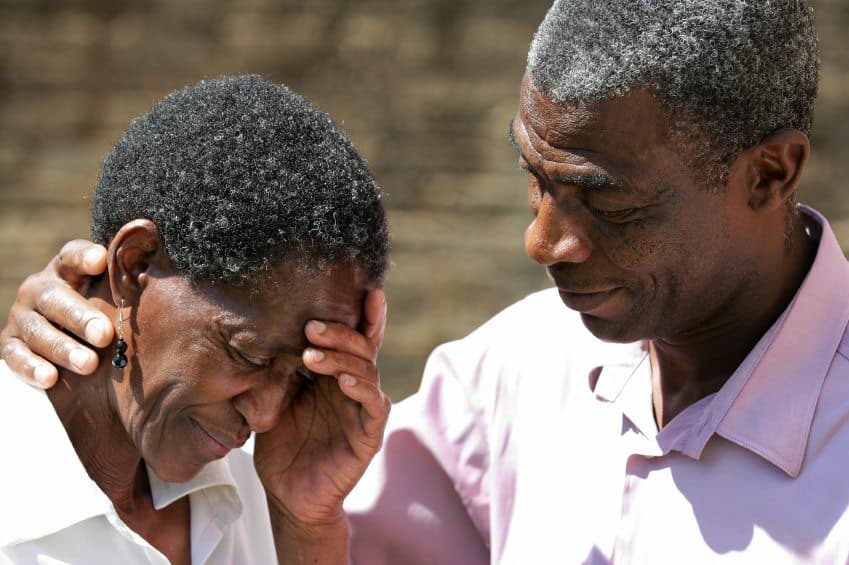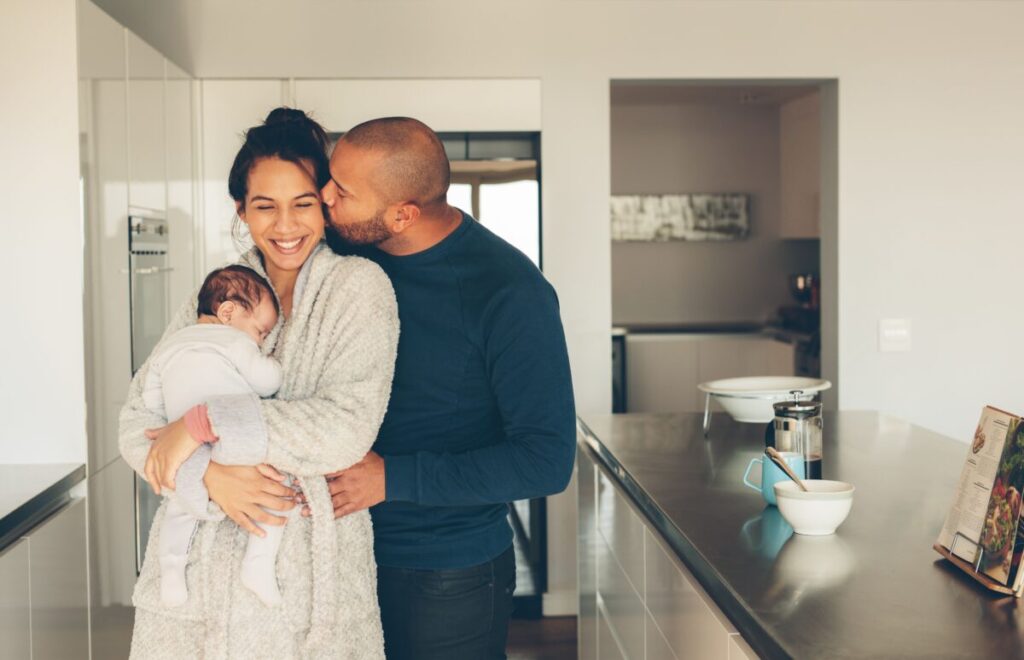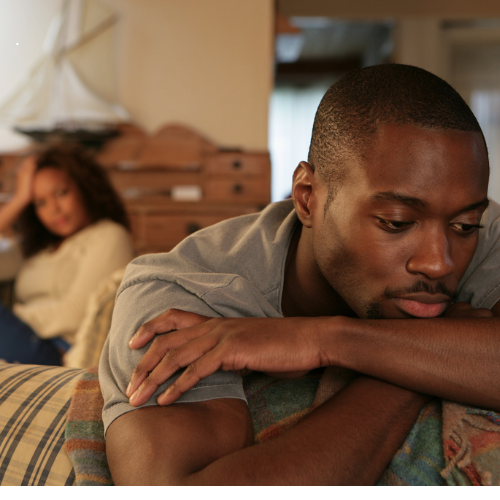
7 Things to Never Say to Someone Who is Struggling
7 Things to Never Say to Someone Who is Struggling
It’s natural for us to want to provide comfort and support when someone we care about is going through a difficult time. However, there are certain things that we say with good intentions that can actually cause more harm than help. Whether it’s due to our lack of understanding or simply not knowing how to respond, here are 5 things to never say to someone who is struggling.
“It could be worse”
This phrase may seem like a way to put things into perspective or minimize the person’s struggles, but it can actually invalidate their feelings. Everyone experiences and copes with difficulties differently, so comparing their situation to others’ does not lessen the impact of what they are going through. Instead, try acknowledging their struggles and offering support.
“Just be positive”
While positivity can be helpful in some situations, it is not a cure-all for someone who is struggling. Telling someone to just “be positive” can make them feel like they are not allowed to express their negative emotions or that their struggles are a result of their own attitude. Instead, encourage them to talk about their feelings and offer to listen without judgment.
“I know how you feel”
Even if you’ve been through a similar experience, it’s important to remember that everyone’s struggles are unique and can never be fully understood by someone else. Saying “I know how you feel” may come from a place of empathy, but it can also minimize the person’s individual experience. Instead, offer to listen and validate their feelings without comparing them to your own.
“Just get over it”
Telling someone to just “get over” their struggles can make them feel like they are not allowed to take the time they need to heal and move forward. It can also imply that their struggles are not valid or that they are not trying hard enough to overcome them. Instead, offer support and encourage them to seek professional help if needed.
“You’re overreacting”
Invalidating someone’s feelings by telling them they are “overreacting” can make them feel ashamed or embarrassed for expressing their emotions. It can also cause them to doubt themselves and their ability to cope with their struggles. Instead, try to understand where their emotions are coming from and offer support without judgment.
“Just think positive thoughts”
While cultivating a positive mindset can be beneficial, it is not a quick fix for someone who is struggling with mental health issues. Telling them to just “think positive thoughts” can add pressure and make them feel like they are failing if they cannot do so. Instead, offer to help them find healthy coping mechanisms and remind them that it’s okay to have negative thoughts.
“You should be grateful”
It’s important to acknowledge and express gratitude for the good things in life, but telling someone they “should be grateful” can dismiss or minimize their current struggles. It can also make them feel guilty for not feeling happy or thankful. Instead, offer them your support and remind them that it’s okay to feel a range of emotions.
“You have nothing to be depressed about”
Depression and other mental health issues are complex and can stem from a variety of factors. Telling someone they have “nothing to be depressed about” implies that their struggles are not valid or real. It can also make them feel ashamed or guilty for their feelings. Instead, listen to their struggles and offer empathy and understanding.
“Everyone goes through tough times”
While it’s true that everyone faces challenges in life, comparing someone’s struggles to others can minimize the severity of their situation. It can also make them feel like they are not allowed to feel overwhelmed or seek help because others may have it worse. Instead, validate their struggles and offer support without making comparisons.
So what are the best things to say to someone who is going through a hard time?
Validate their Feelings
It’s important to let someone know that their feelings are valid and that it’s okay to not be okay. You can say things like:
- “I’m here for you.”
- “Your feelings are completely understandable.”
- “It’s okay to not be okay.”
- “You don’t have to go through this alone.”
Offer Support and Help
Letting someone know that you are there to support and help them can make a world of difference. You can say things like:
- “Is there anything I can do to help?”
- “I’m here to listen if you need to talk.”
- “Let me know if you want me to come over and keep you company.”
- “We’ll get through this together.”
Avoid Minimizing or Comparing
Instead of minimizing someone’s struggles or comparing them to others, try to understand and empathize with their feelings. You can say things like:
- “I can’t fully understand what you’re going through, but I’m here for you.”
- “Your struggle is unique and valid.”
- “It’s okay to feel overwhelmed.”
- “You
It’s important to remember that everyone copes with tough times differently, so be respectful and patient with their choices.
Ultimately, the best thing you can do is be there for them and let them know that they are not alone in their struggles. So when supporting a loved one or friend going through a difficult time, remember to be mindful of the language you use and offer genuine support and empathy. This can make a huge difference in their journey towards healing and recovery.
If you need help understanding how to be there for someone who is struggling, reach out.
Mindfulness Helps You Navigate Life & Relationship Challenges










